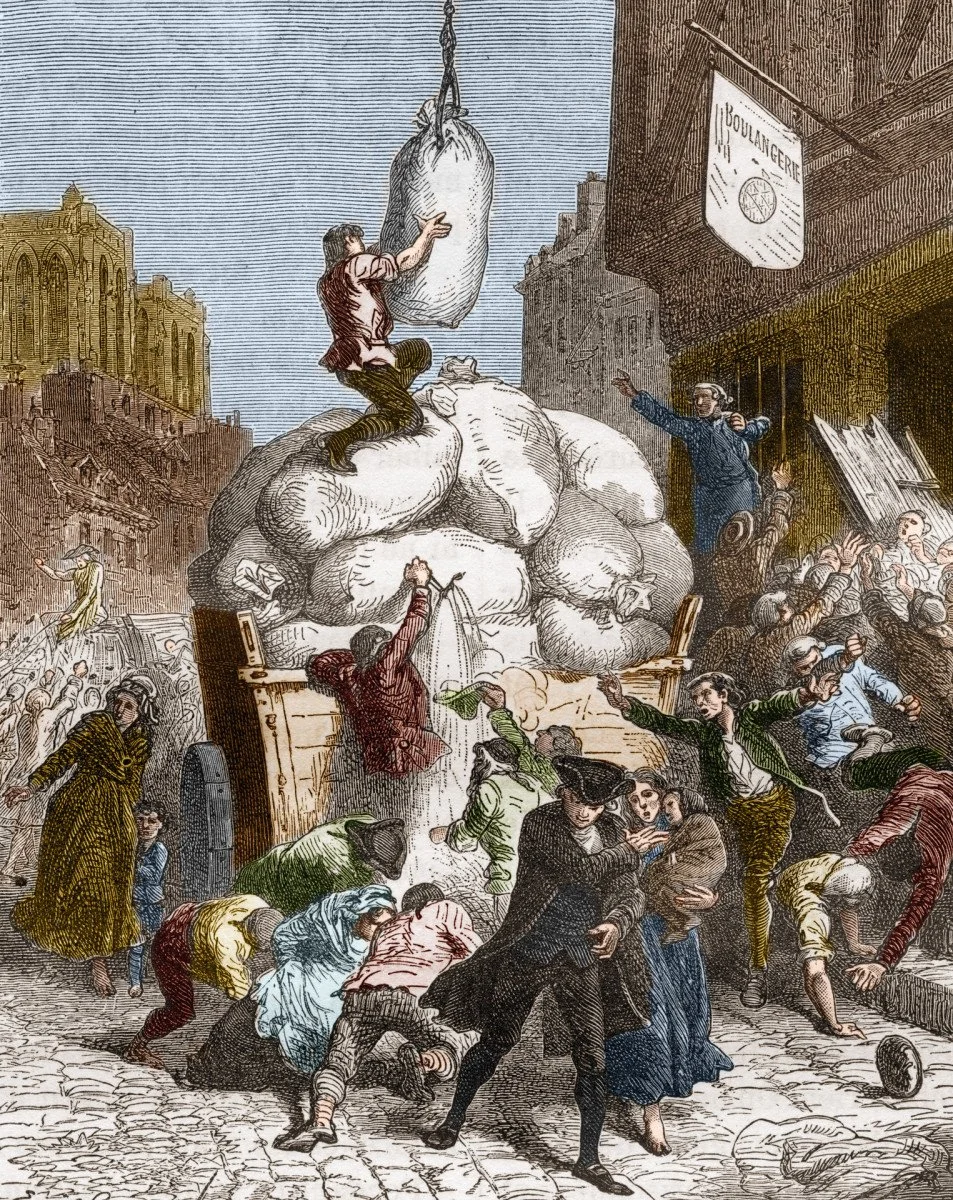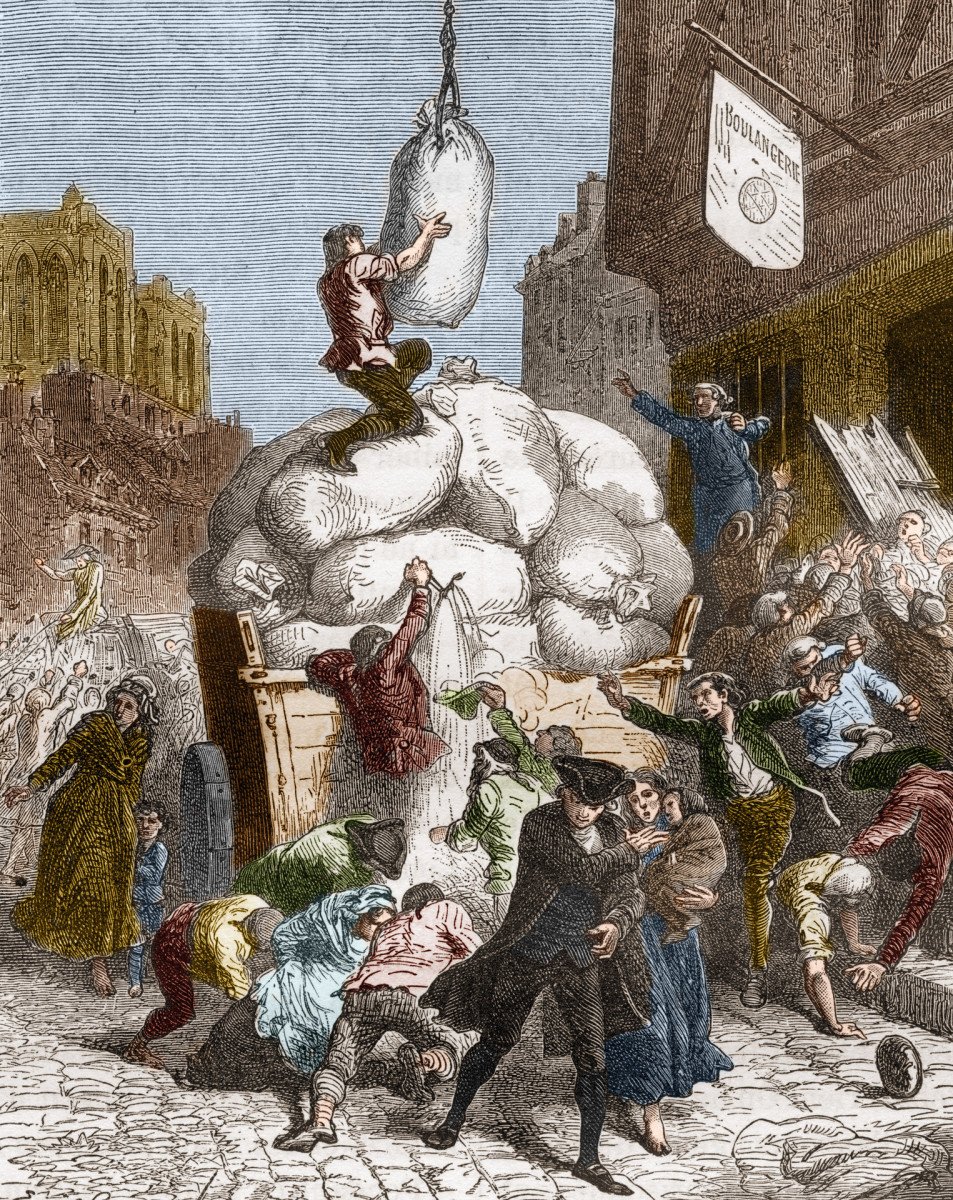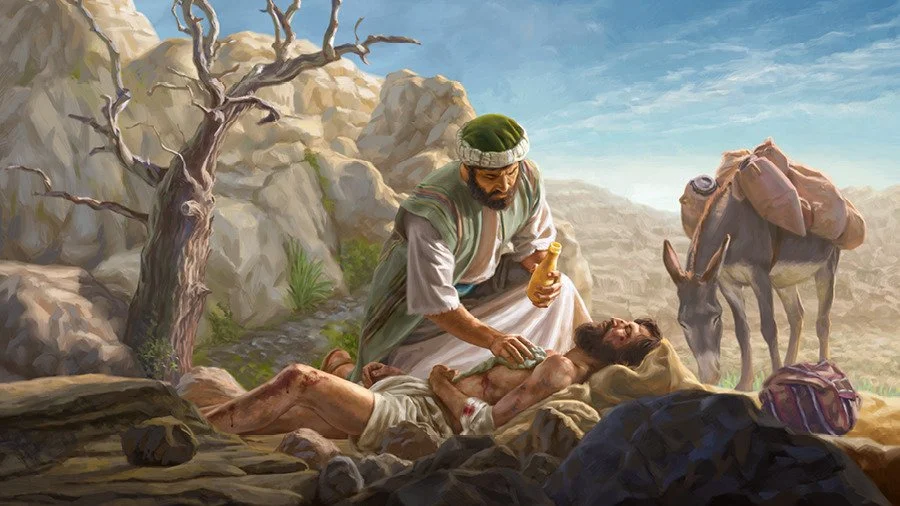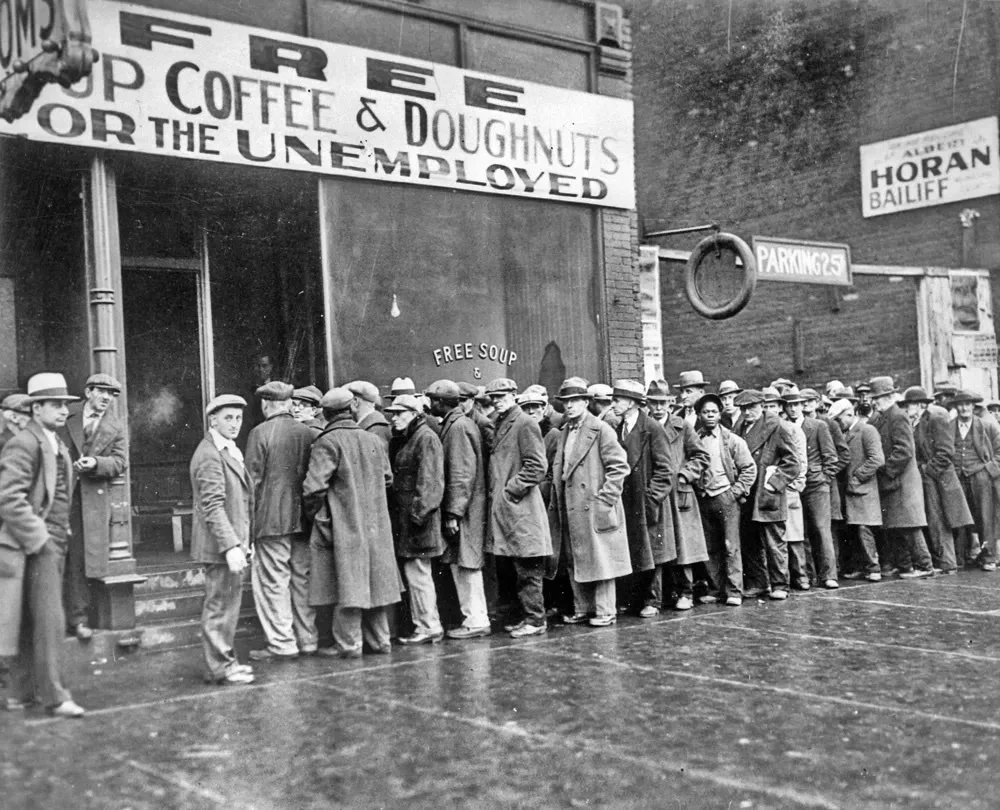Things Fall Apart
Food is getting expensive because of money printing, the Russian war in Ukraine, and Western sanctions limiting the trade of fuel, fertilizer, and wheat from Russia. Expensive food led to the French Revolution and the Arab Spring. There are food riots in Peru, Sri Lanka, and Shanghai, China. Revolutions are kindling.
Revolutions require that enough people are mad enough to risk their lives, fortune, or sacred honor to change the system. People will often suffer while evils are sufferable than right themselves of wrongs.
According to the Declaration of Independence,
“Prudence, indeed, will dictate that Governments long established should not be changed for light and transient causes; and accordingly all experience hath shewn, that mankind are more disposed to suffer, while evils are sufferable, than to right themselves by abolishing the forms to which they are accustomed.”
Unaffordable food is often the catalyst for Revolution, as was the case during the French Revolution (1789-1799) and the Arab Spring (2011).
Per Una McIlvenna, writing for history.com,[1]
“Arthur Young, an English agriculturalist who was traveling through France in the period leading up to the Revolution, could see that the seeds of revolution had been sown.
‘Everything conspires to render the present period in France critical; the want of bread is terrible; accounts arrive every moment from the provinces of riots and disturbances, and calling in the military, to preserve the peace of the markets.’”
The Arab Spring was ignited by unaffordable food, according to Dr. Yaneer Bar-Yam. Writing for Vice, Audrey Carlton notes,[2]
“On December 17, 2010, a Tunisian street vendor named Mohammed Bouzazi set himself on fire in front of a government office—an act that came to symbolize rebellion against autocracy and economic insecurity, and that eventually sparked the Arab Spring.
Just four days before Bouzazi’s self-immolation, Dr. Yaneer Bar-Yam, president of the Cambridge, Massachusetts-based New England Complex Systems Institute, sent a note to the U.S. government predicting exactly that a wave of protests would unfold in the Middle East in response to sudden spikes in global food prices.”
Food production and food prices are rising because of the Russian war in Ukraine and the resulting sanctions. Already, the World Food Program of the United Nations is warning of a food crisis.[3]
“Even prior to the conflict in Ukraine, inflation and increasing prices were putting basic food items beyond the reach of the most vulnerable. Food prices reached an all-time high in February 2022, according to the UN Food and Agriculture Organization’s Food Price Index.
The cost of a basic food basket – the minimum food needs per family per month – registered an annual increase of 351 percent in Lebanon, the highest in the region. It was followed by Syria, with a 97 percent rise, and Yemen with 81 percent hike. The three countries, all reliant on food imports, also reported sharp currency depreciation. Meanwhile, a drought in Syria has also impacted the country’s annual wheat production.”
The World Economic Forum is also warning of a food crisis.[4]
“We are currently witnessing the beginning of a global food crisis, driven by the knock-on effects of a pandemic and more recently the rise in fuel prices and the conflict in Ukraine. There were already clear logistical issues with moving grain and food around the globe, which will now be considerably worse as a result of the war.”
As food and fuel become more expensive, more and more people across the world will find sufferable evils insufferable.
Meanwhile in Peru, the people are rioting against high food prices. Stefano Pozzebon and Catherine Shoichet write for CNN that,[5]
The Russian invasion of Ukraine -- and global leaders' consequential decision to isolate Russia from the world's oil markets -- sent the price of oil soaring.
[…]
As a result, Peru's inflation in March was the highest in 26 years, according to the country's Institute of Statistics. The segment most exposed was food and fuel, with prices up 9.54% since last year, the Peruvian Central Bank reported.
With prices rising so fast, it didn't take long before protests started spreading across the country. And on March 28, a group of transport workers and truck drivers' union called for a general strike to demand cheaper fuel.
Over the last few days, other organizations and groups joined the protests, with some regions closing schools and resorting to online teaching as a consequence of roadblocks and picket lines.
Before becoming president, Castillo was a trade union leader and a teacher in a small school in the rural region of Cajamarca demanding better wages and working conditions.
Now his core constituency, the urban working class in the suburbs of Lima and rural farmers across the country, are particularly hard hit by the inflationary spiral, because they are paying higher prices for their food and for transport.
Sri Lankans are rioting over inflation too. According to Asantha Sirimanne and Anusha Ondaatjie, writing for Bloomberg on April 2,[6]
“The government declared a public emergency late on Friday after citizens protesting spiraling inflation and widespread power cuts clashed with police outside the Rajapaksa’s private residence. The declaration gave him sweeping powers to suspend laws, detain people and seize property, which he said was essential for the protection of public order.”
Finally, Shanghai China has been on a lock down for a couple of weeks now and people are running out of money and food. There have been reports of protests as people grow desperate. Civil unrest does not bode well for the safety of the CCP. Shirley Zhao, writing for Bloomberg on March 31 says,
“China is struggling to manage growing public unhappiness over tough Covid Zero measures in Shanghai, one of its wealthiest and most globalized cities, as some residents revolt against lockdown orders which have stretched in some instances to a month.
Tech giant Tencent Holdings Ltd. took down two videos earlier this week of a rare protest at a Shanghai housing compound after they started trending on the company’s WeChat microblogging and video publishing platforms, according to a person familiar with the matter. The videos had been posted by users to their WeChat timelines, the person said.”
Food is getting expensive because of money printing, the Russian war in Ukraine, and Western sanctions limiting the trade of fuel, fertilizer, and wheat from Russia. Expensive food led to the French Revolution and the Arab Spring. There are food riots in Peru, Sri Lanka, and Shanghai, China. Revolutions are kindling.
[1]https://www.history.com/news/bread-french-revolution-marie-antoinette
[4https://www.weforum.org/agenda/2022/03/ukraine-global-fertilizer-food-security#BoldActions4Food



